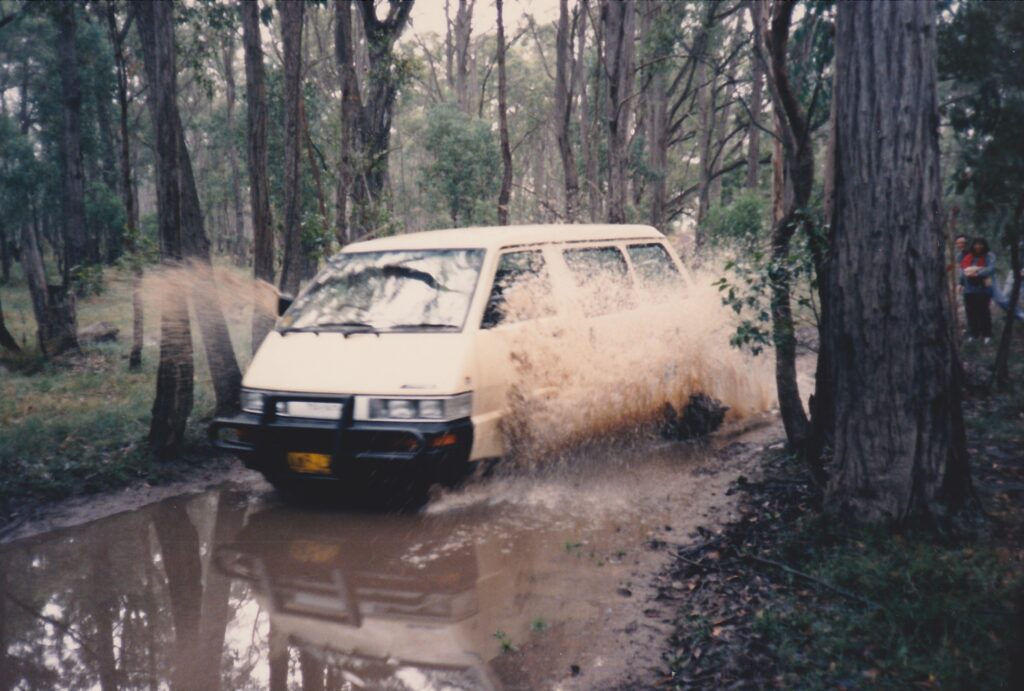When I meditate – which I do sporadically, though I keep intending to get more regular about it because it always makes me feel better – I see myself as being one with the universe.
I don’t mean I’m the all-encompassing universe all by myself. I mean I’m a tiny speck of this amazing great whole.
I find this very comforting. It reminds me that so much of what is touted as of paramount importance is really meaningless.
It doesn’t mean that I shouldn’t try to do good in the world as best I can, but it does help me let go of too much attachment to the outcome of anything I do. These days, with so much damage being done to our lives every day, I find it helpful to remember that while doing is up to me, outcomes aren’t.
In his book Four Thousand Weeks: Time Management for Mortals, Oliver Burkeman has a chapter called “Cosmic Insignificance Theory,” which I think is much the same thing as my meditation. He observes:
Truly doing justice to the astonishing gift of a few thousand weeks [four thousand weeks is an average human lifespan] isn’t a matter of resolving to “do something remarkable” with them. In fact, it entails precisely the opposite: refusing to hold them to an abstract and overdemanding standard of remarkableness, against which they can only ever be found wanting, and taking them instead on their own terms, dropping back down from godlike fantasies of cosmic significance into the experience of life as it concretely, finitely – and often enough, marvelously – really is.
Cosmic insignificance theory is diametrically opposed to the kind of world the broligarchs seem to be after, particularly the ones who think they’re going to live forever, perhaps uploaded and combined with some all-powerful “AI.” Continue reading “Time Is on Our Side”…

